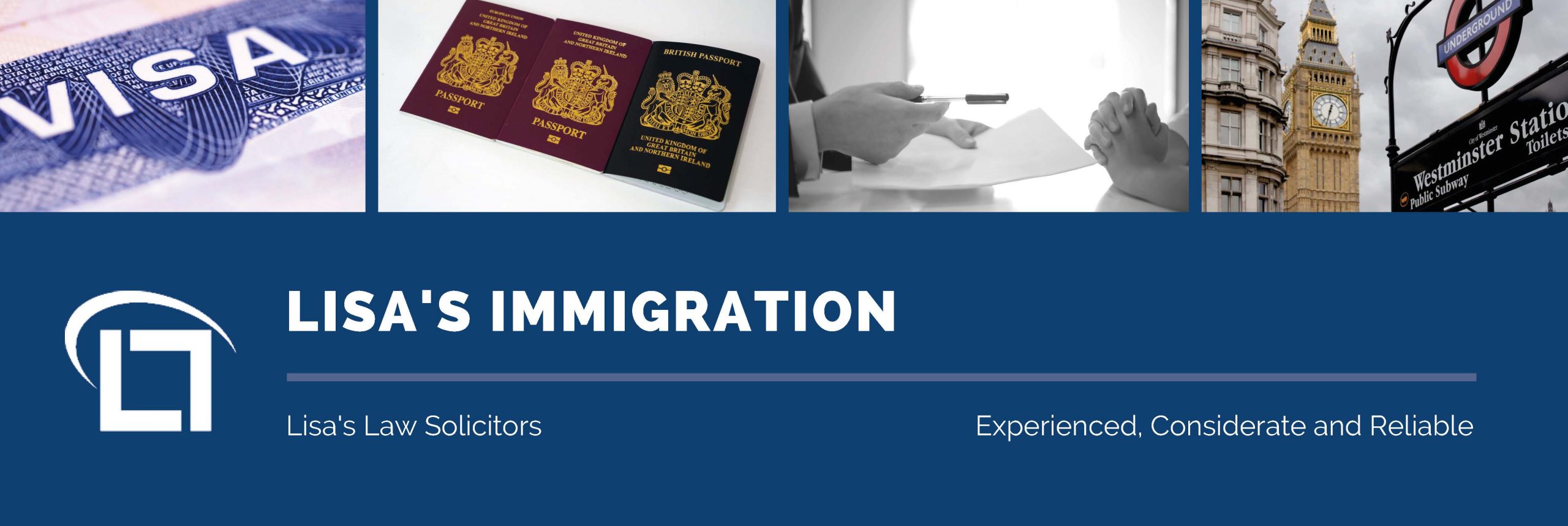A quick refresher
As many will know, the EU Settlement Scheme has been set up in response to Brexit to allow EU, non-EU EEA and Swiss citizens and their eligible family members living in the UK before the end of the Brexit transition period the opportunity to protect their residence in the UK after this period has ended. The deadline to get on to the EU Settlement Scheme is 30 June 2021 – this will come round sooner than you think so best get applying NOW if you need to.
The EU Settlement Scheme was launched fully at 7.00am on 30 March 2019. It was extended to applications outside the UK on 9 April 2019.
On 24th August 2020, the Home Office further updated its guidance to caseworkers to family members of a relevant person of Northern Ireland as defined in Annex 1 to Appendix EU to apply for status under the Scheme.
Family first
Family is an important factor in the EU Settlement Scheme, and for some their family will define whether or not they are eligible for the scheme at all. If you were not EEA or Switzerland national yourself, you will need to rely on a certain family relationship with such national to qualify.
The Home Office allows for such family members to apply on the basis of a qualifying relative:
- spouse
- civil partner
- durable partner (unmarried partner whose relationship is akin to marriage or civil partnership, and the applicant holds a relevant document in this capacity)
- child under 21 of the EEA citizen or of the spouse or civil partner
- dependent child over 21 of the EEA citizen or of the spouse or civil partner
- dependent parent of the EEA citizen or of the spouse or civil partner
- dependent relative of the EEA citizen or, in some cases, of the spouse or civil partner (and the applicant holds a relevant document in this capacity.)
A more relaxed approach?
Compared to the Home Office’s previous guidance on EEA law applications and the Immigration ( European Economic Area) Regulation 2016, it is our view that the current Home Office guidance contains more generous provisions. It shows that the Home Office is taking a more relaxing approach towards applications under the Scheme. Are they eager to get rid of the legacy of the Brexit?
The areas where the Home Office has made concessions can at least be summarised as follows:
- Dependency of parents on adult EEA nationals is assumed, which means if the Home Office does not believe that the parents depend on the qualifying EEA national, they need to provide evidence to counter prove it. Previously, the parents will have to provide evidence to prove dependency.
- If dependency is accepted in previous applications or proved in current application, the applicant is not requested to prove it again in current application or applications in the future. In another case, if a person has been granted pre-settled status depending on a relationship with an EEA national, they will be granted settlement regardless of what may happen to the relationship. A person with pre-settled status is almost certain to get settled status, unless he/she is removed from the UK on public policy or public security ground.
- EEA nationals who have ceased activity due to retirement, permanent incapacity or having retained a place of residence can apply for settlement, even when they have not accumulated a 5 years’ continuous qualifying residence. Previously, they would have to have 5 years continuous residence.
- Family members of EEA nationals who have ceased activity due to death, retirement, permanent incapacity or having retained a place of residence can apply for settlement, even when they have not accumulated a 5 years’ continuous qualifying residence. Previously, they also needed 5 years’ continuous qualifying residence.
- EEA nationals or their family members who prove to be victims of domestic abuse in a family relationship with an EEA national can apply for settlement, even if they do not have 5 years’ continuous qualifying residence.
- Children under 21 of EEA nationals or their spouses can apply for settlement once their parents have been granted settlement, even if they do not have 5 years’ continuous residence.
- Family members of EEA nationals or their family members can apply for settlement if they have retained right of residence even if they have not accumulated 5 years’ continuous residence in the UK. This could include:
- A child of a relevant EEA national (or qualifying British nationals) who has died or ceased to reside in the UK;
- A parent with the custody of the above; and
- A spouse whose marriage with an EEA national has been terminated, but not before it has lasted for no less than 3 years and the parties have resided in the UK for no less than one year.
- Applicants with a derivative right in a Zambrano case can apply for settlement after having accumulated 5 years’ continuous qualifying residence. This normally happens where the applicant lives in the UK to look after a British national minor. Previously, such right does not leave to settlement, no matter how long the applicant has lived in the UK.
- Applicants with a derivate right in a Chen or Ibrahim/Teixeira case can apply for settlement after having accumulated 5 years’ continuous qualifying residence. This happens where the applicant lives in the UK to look after a non-British EEA minor or has the custody of the minor who depends on the applicant to continue to live in the UK. Previously, such right does not leave to settlement as well, no matter how long the applicant has lived in the UK.
In addition, the guidance also states that the principle of evidential flexibility shall apply in dealing with applications under the scheme. It states that the caseworkers shall take flexible approach and provide at least three opportunities for applicants to provide further evidence if needed.
Preparing the right documentation
It is important that applicants prepare the correct documentation when applying. This includes:
- an identity document – your passport, national identity card, biometric residence card or permit
- a digital photo – you can take a selfie during the application
- your National Insurance number or proof of how long you have lived in the UK
- a mobile phone number
- an email address
- proof of your relationship if you are applying for a child or another family member
- evidence the relevant EEA national is exercising his/her EEA treaty rights
If the applicant’s child is an EU, EEA or Swiss citizen, a birth or adoption certificate will be needed to prove their relationship.
If the child is from outside the EU, EEA or Switzerland, their biometric residence card is to be used to prove their identity.
What do we think?
Brexit and the consequences of it is a huge event for the UK, and people who are not originally from the UK and their family members will clearly be the most worried about it. We see this scheme as an essential gateway for people to remain and enter the UK. It can be difficult for people to fully comprehend where they and their family members stand.
While it is a potentially stressful time, the Home Office have allowed for some generous provisions in some cases and we feel that the scheme does provide some reasonable concessions for those who have come to the UK and made it their home.
Have questions? We are here for you!
In the meantime, we are operating as usual, and you can reach us on 020 7928 0276 or email in to info@lisaslaw.co.uk for any questions you may have on this topic.
Or, why not download our free app today? You can launch a new enquiry, scan over documents and much more.
If you have an iPhone, follow this link to download.
If you use an Android phone, follow this link to download.
Find the link here if you need some further instructions on how to use our new app!





